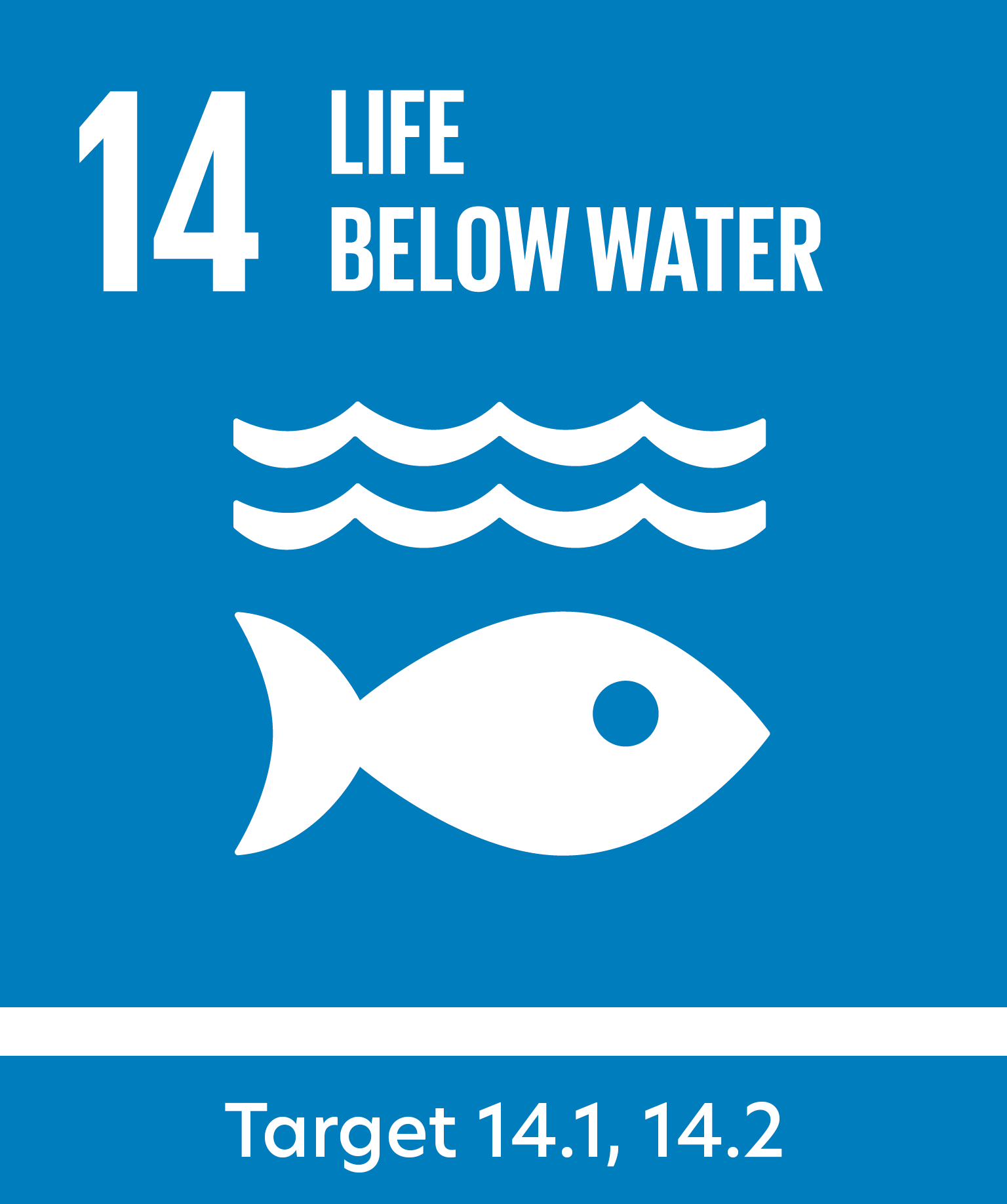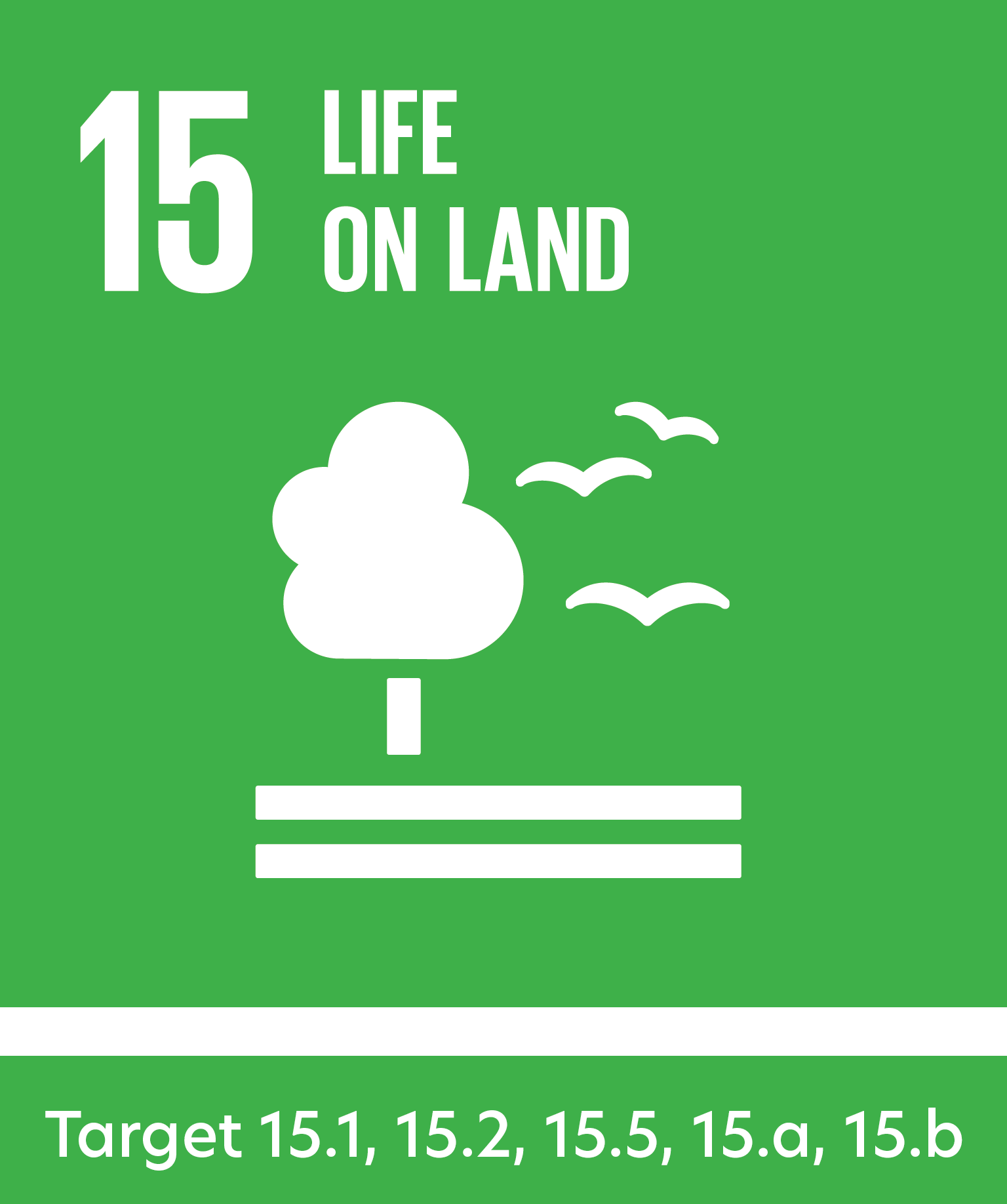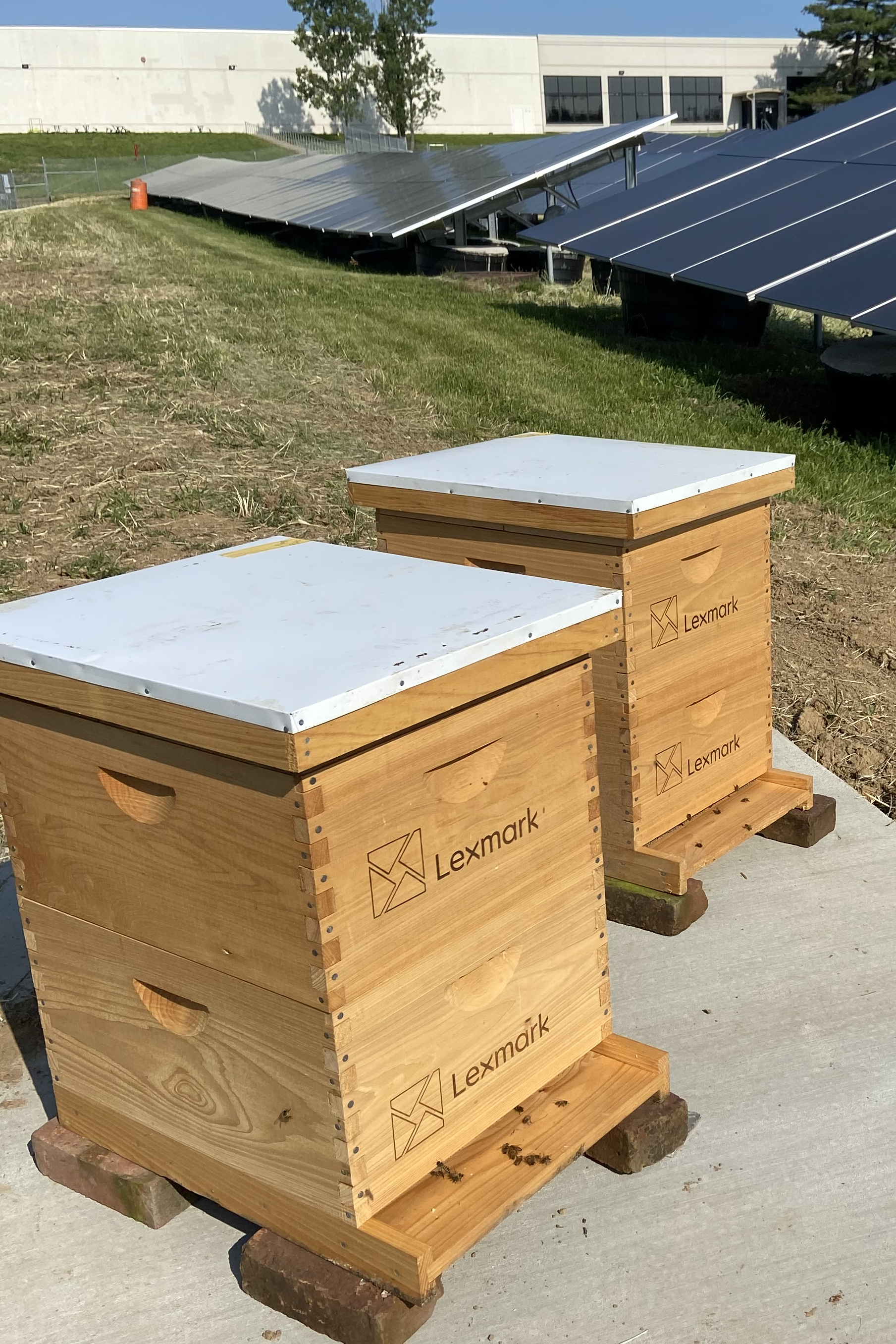Lexmark strives to ensure that our operations do not harm the local environment. Understanding our responsibility to help maintain balance in the natural world, we engage our communities primarily in reforestation programs and watershed protection. Lexmark considers the protection status and biodiversity value of existing locations and those where we plan to operate. With the exception of an operational site in the Philippines described below, Lexmark does not own, lease or manage operational sites in or adjacent to protected areas, or areas of high biodiversity value outside protected areas. In addition, our activities do not result in significant impacts on biodiversity in these types of areas. We also do not own, lease or manage operational sites in areas where habitat restoration has occurred or in habitat protected areas.
Finally, Lexmark does not operate in areas that are known to be protected or home to the International Union for Conservation of Nature (IUCN 2021) Red List species or national conservation list species and has no plans to operate in these areas. Despite the fact that Lexmark facilities may be located in urbanized areas, we take actions to support the biodiversity in the communities where we live and work.
Lexmark is especially sensitive to the environment in our Philippines operations. Many global organizations recognize the entire country as an area of high biodiversity. The Lexmark Research and Development Corporation (LRDC) located in Cebu, Philippines, is a 30,817 square meter research and development operation. Lexmark employees in the Philippines work diligently to restore habitats near these facilities, focusing on reforestation and watershed protection. Since 2008, Lexmark has planted over 163,500 mangrove trees in various coastal and watershed areas of Cebu and over 19,300 tree seedlings in various areas of Cebu. Much of this work is in partnership with the Community Environment and Natural Resources Office (CENRO) for tree and mangrove planting activities. Mangroves are beneficial to the environment; they provide shelter and food for sea life, stabilize coastlines by reducing erosion, and protect coastal communities from storm surges.
Reforestation
Reforestation programs are a focus of Lexmark locations worldwide. Trees have many benefits that extend beyond their beauty. They offer social, environmental, and economic benefits for years after they are planted. Trees not only create an ecosystem to provide habitat and food for birds and numerous other animals but also absorb carbon dioxide and other potentially harmful gases, reducing the overal concentration of greenhouse gases in the atmosphere. Because of this, Lexmark employees have planted trees around the world in parks, schools, cities and forests. Other reasons include reforestation due to invasive species, natural disaster recovery, park revitalizations, community improvements, and tree canopy improvement needs to reduce larger city heat island effects.
While there are countless benefits for planting trees, there is an additional reason that Lexmark has prioritized tree planting in our global community efforts. Lifecycle assessment analyses on our devices show that the largest environmental impact associated with printing is paper consumption during the use phase. Planting trees is a way that Lexmark can offset this biomass impact.
- Lexmark's reforestation initiatives

Lexmark has teamed up with various organizations and customers to plant trees in communities around the world. Since 2008, Lexmark has planted over 627,500 trees, the majority of which were donated by Lexmark and planted by our employees.
Examples of Lexmark reforestation teamwork include the following:
- Partnering with PrintReleaf since 2018 to offset the environmental impact related to internal office and test page printing through their seamless process. This service is being offered to Lexmark managed print services customers. Through 2022, nearly 190,000 trees have been planted.
- Lexmark partnered with Arbor Day Foundation, planting 10,000 white and red mangroves in Ile a Vache, Haiti in 2022. Haiti's mangrove forests help stabilize shorelines, improve the quality of the water and provide a natural habitat for fish and other coastal sea life in addition to supporting coral reef health.
- In 2021, Lexmark joined Arbor Day Foundation in their Alabama Private Lands project, planting 10,000 longleaf pine trees. The longleaf pine ecosystem supports an incredible diversity of plant and animal species.
- Since 2000, Lexmark has given over 72,000 native species tree seedlings to U.S. employees to plant at their homes or in the community. This is an Earth Day tradition that employees look forward to each year.
- Lexmark France participated in the BlueBiz CO2ZERO program to use blue credits to offset flight-related CO2 emissions of flights since 2018. The offset occurred by reforestation in the Panama Rainforest.
- Lexmark India employees have been working with local non-profit organizations to plant trees as part of the Cyclone Amphan recovery. For example, 2,350 native species saplings and over 1,000 mangroves were planted in areas of need after the devastation. In addition, trees were planted at local parks with the Society for Heritage and Ecological Researches (SHER).
- In Lexington, Kentucky, Lexmark has been a sponsor of Reforest the Bluegrass since 1999. This community effort has planted more than 200,000 trees and restored over 195 acres of floodplains. This event offers educational booths and children's activities in addition to the tree planting event.
- Lexmark Portugal teamed with Informantem on the ReSeed project to reforest areas damaged by wildfires.






